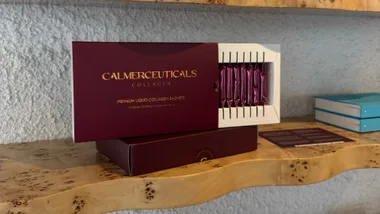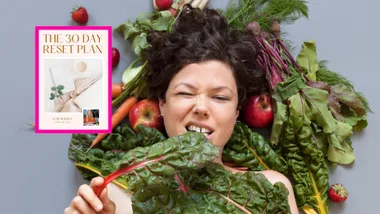Polycystic ovarian syndrome (PCOS) is caused by a hormone imbalance. It affects about 5 to 10 percent of women and is a leading cause of female infertility. PCOS is diagnosed by having two of the following three symptoms: small cysts on the ovaries, increased levels of male hormones and no regular ovulation.
Women may also experience obesity, excessive body hair, acne, scalp hair loss, abnormal menstrual cycles and dark skin pigmentation. A common cause can be high insulin levels, which cause the ovaries and adrenal glands to produce more male hormones in certain women.
Uncontrolled PCOS can increase a women’s risk of obesity, diabetes, infertility and maybe heart disease and uterine cancer. There is no cure for PCOS but the symptoms can be managed. Women often need to take medication but there is growing evidence to show that lifestyle changes can help manage the symptoms and reduce long-term complications.
We suggest women with PCOS follows these dietary guidelines:
Choose a diet that is low in saturated fat (include more vegetable protein and use low-fat soy or dairy products and lean meats in place of higher fat varieties) and high in fibre (choose more fruits, vegetables, wholegrains, legumes and nuts).
Choose carbohydrate foods that are slowly digested such as wholegrain cereals, breads, pasta and brown rice.
Aim for small frequent meals and more unprocessed foods.
Participate in regular physical activity. Aim for 30 to 60 minutes per day.
If you are overweight, losing a small amount of weight (around 5 percent) can increase your fertility and reduce symptoms.
For more specific advice, we encourage women to visit a registered or accredited practicing dietitian (APD). The journey to a diagnosis of PCOS and its management can be difficult, but of course women with PCOS can still lead a fulfilling life.
For more information, visit the Polycystic Ovarian Syndrome Association of Australia and Jean Hailes Foundationwebsites.
Your say: What are your best tips for making good food choices easier?
This information is provided by the Sanitarium Nutrition Service.











